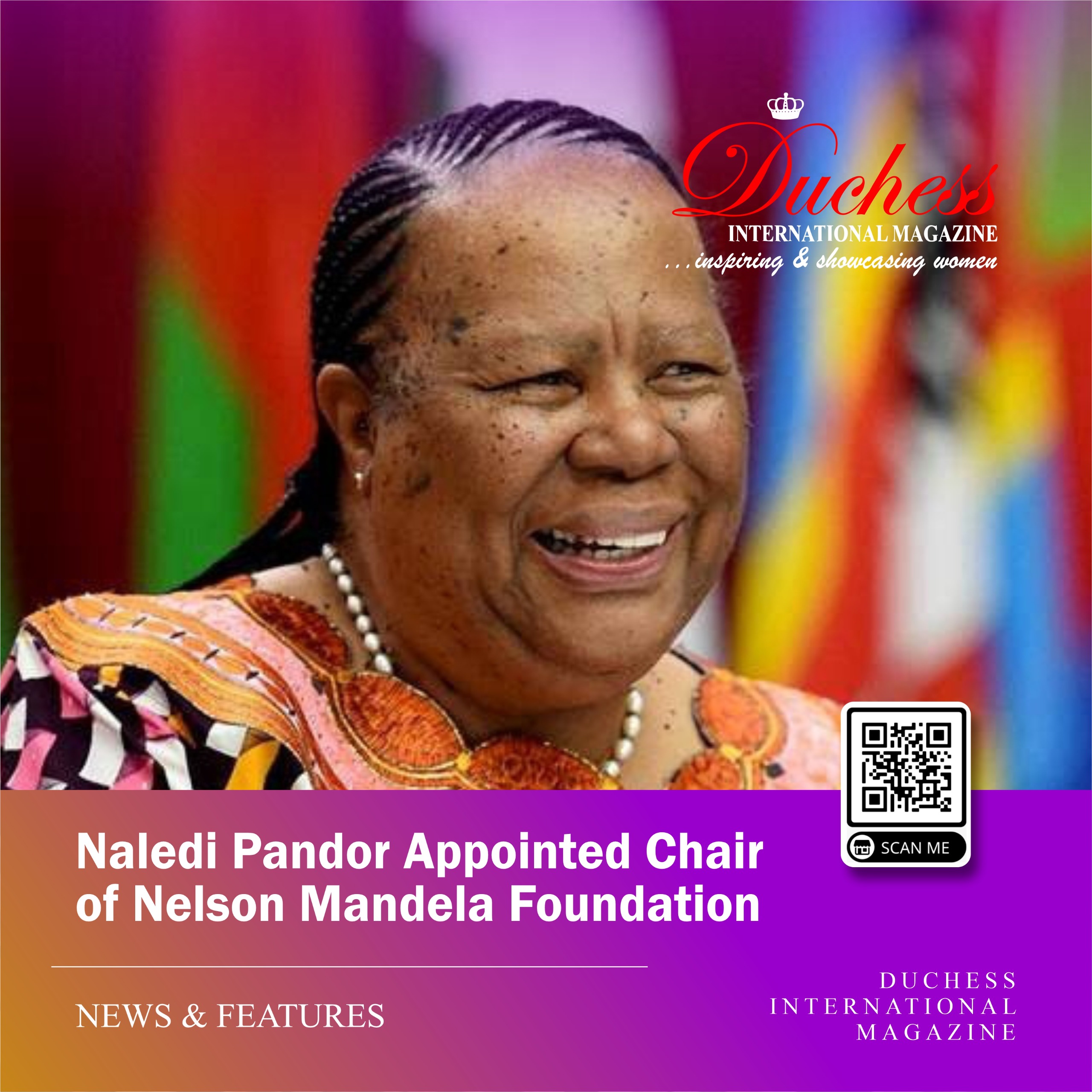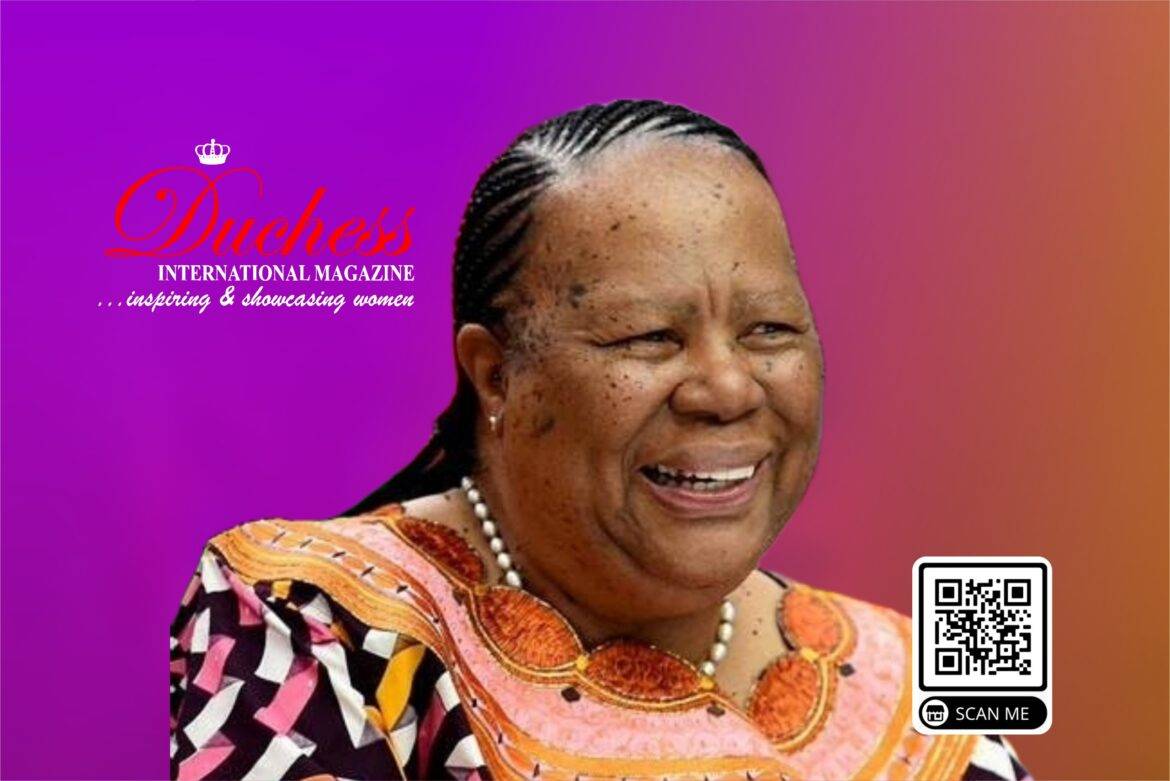Former South African Foreign Minister Naledi Pandor has assumed office as the new chair of the Nelson Mandela Foundation. The foundation, which champions social justice and Mandela’s legacy, announced her appointment in a statement, marking her as the third person to lead the organization since its establishment in 1999. Pandor’s long history in South African politics, including her close work with Nelson Mandela in the early days of South Africa’s democracy, positions her as a significant figure in carrying forward his vision of peace, justice, and reconciliation.
Pandor expressed her enthusiasm about taking on the role at a time when the world faces increasing challenges. “In a world facing so many complex challenges, mobilizing Madiba’s legacy becomes more important than ever. I believe that the Nelson Mandela Foundation is doing critically important work in the social justice space, and I am looking forward to making a meaningful contribution,” she said. Her appointment comes at a crucial time when the foundation seeks to broaden its influence on issues such as inequality, human rights, and global peace initiatives.
A seasoned politician and one of South Africa’s longest-serving members of parliament, Pandor brings a wealth of experience to the foundation. She played a key role during the country’s transition from apartheid to democracy, serving under Mandela in the early 1990s. Her leadership in various ministries, including education and science, has cemented her reputation as a strong advocate for social justice and development, values closely aligned with the foundation’s mission.
However, Pandor’s new role also comes with the weight of her recent involvement in international controversies. In December 2023, during her tenure as foreign minister, South Africa filed a genocide case against Israel at the International Criminal Court. This bold move, aligned with South Africa’s longstanding support for the Palestinian cause, placed her at the center of global debates on human rights and oppression. The case stirred tensions, leading to reported threats against her, which prompted her to request increased security measures.
Pandor has remained vocal about the dangers she faced, accusing Israeli intelligence of using intimidation tactics against those who oppose their policies. “I believe they employ these methods to silence advocates of justice,” she said in a statement earlier this year. Despite the risks, Pandor has stood firm in her commitment to speak out against oppression, positioning herself as a fearless advocate for global human rights.

Her appointment to the Nelson Mandela Foundation adds an extra layer of significance, as it reflects the foundation’s ongoing commitment to engaging with difficult and often contentious global issues. While the foundation continues to honor Mandela’s legacy of peace and dialogue, it must now navigate a world where political tensions, such as the Israel-Palestine conflict, dominate international discourse. Pandor’s leadership could bring a new, more assertive stance to the foundation’s work on global social justice.



